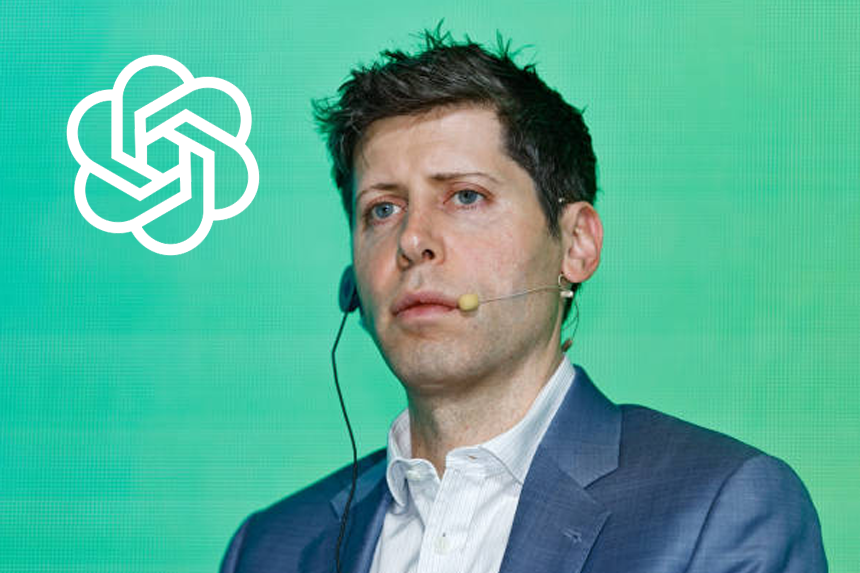Recently, a group of investors led by Elon Musk made an unsolicited offer of $97.4 billion to buy OpenAI, the company that created ChatGPT. According to Marc Toberoff, Musk’s lawyer, the bid was submitted to OpenAI’s board, and the company is willing to match or surpass any larger offers that may be made. Musk, an OpenAI co-founder who left the company in 2018, has been critical of its transition from an open-source, safety-focused objective to a for-profit business model. He thinks that OpenAI can revert to its core values under his direction. The continuous hostilities between the two digital behemoths are highlighted by Musk’s attempt to seize control of OpenAI.
What Was Sam Altman's Reaction to the Proposal for Acquisition?
Musk’s offer was immediately turned down by Sam Altman, the CEO of OpenAI. “No thank you,” Altman replied in a post on X (previously Twitter), adding in a lighthearted way, “but we will buy Twitter for $9.74 billion if you want.” This joke alludes to Musk’s $44 billion purchase of the social media network in 2022. The continued hostility between the two tech titans is shown by Altman’s prompt rejection, particularly with regard to the direction and future of OpenAI.
What Is the Background of Musk and Altman's Conflict?
In order to advance artificial intelligence for the good of humanity, Musk and Altman co-founded OpenAI, a non-profit, in 2015. However, OpenAI changed to a for-profit company following Musk’s exit in 2018 in order to draw substantial investments from businesses like Microsoft. Musk is against Altman’s current efforts to further privatize the business, claiming that doing so would go against OpenAI’s founding principles. Musk’s criticisms have centered on OpenAI’s transition from a non-profit to a for-profit business model, casting doubt on the company’s adherence to its original mission.
Would the Board of OpenAI Take the Acquisition Offer Into Account?
The board of OpenAI will ultimately make the choice, even if Altman has publicly rejected the bid. The board might be tempted to reject the offer because it falls short of OpenAI’s most recent estimations, which were $157 billion in October of last year and might reach $300 billion in future fundraising rounds. The board may change their mind, though, if Musk and his group raise their offer, particularly if they think it fits with OpenAI’s long-term objectives. Regardless of Altman’s denial, the board of OpenAI will probably play a big role in determining the outcome of this takeover attempt.
How Does OpenAI Connect with the Stargate Project?
A similar trend is the Stargate Project, an ambitious plan by OpenAI, Oracle, SoftBank, and the U.S. government that aims to invest up to $500 billion in AI infrastructure across the country. President Donald Trump announced the project, which aims to boost AI research by constructing massive data centers and energy generation facilities. This action demonstrates OpenAI’s dedication to developing AI capabilities and upholding its position as a leader in the industry. Musk’s offer aims to influence OpenAI’s future growth, and the Stargate Project is a significant milestone in the company’s desire to lead in AI technology.
What Effects Does This Ongoing Conflict Have on the AI Sector?
The public argument between Musk and Altman brings to light more general discussions in the IT sector about the commercialization of AI and how to strike a balance between financial gain and moral principles. Their divergent perspectives may change the future of artificial intelligence, affecting innovation, legislation, and public opinion as both leaders continue to alter the field’s course. With Musk’s offer indicating the huge stakes involved in controlling AI’s future, OpenAI’s future continues to be a major worry in this struggle over the path of AI technology.




